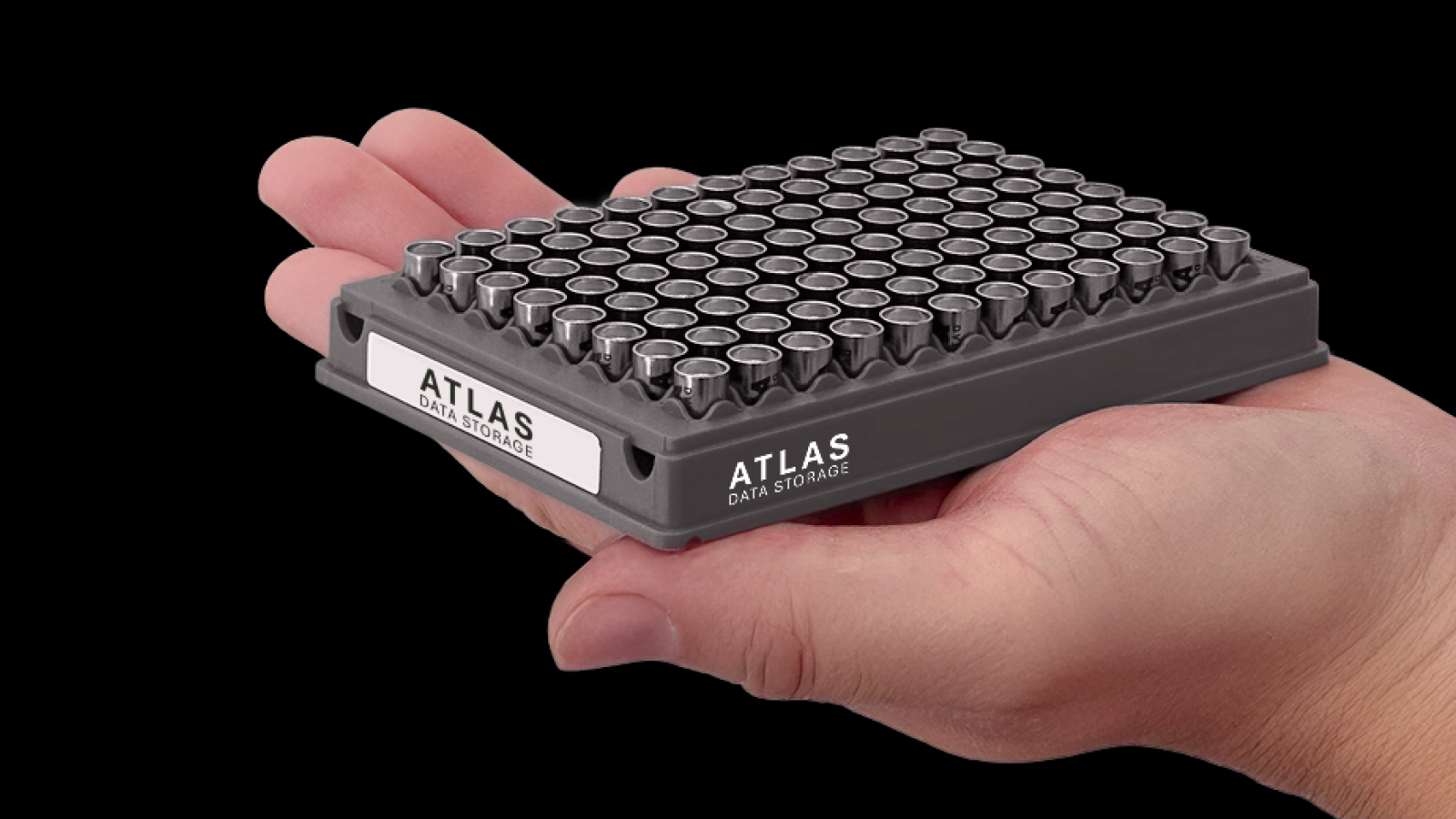Doctors Don't Know Who Can Get IUDs, Study Finds

Doctors are misinformed about which women can receive one type of birth control, a new study suggests.
Researchers surveyed health care providers at family planning clinics in Colorado and Iowa, finding that only about half of the providers said they considered Paraguard and Mirena, types of intrauterine devices (IUDs), safe and reliable for preventing pregnancy in women who had just had babies.
In addition, about 30 percent of respondents said these IUDs were not safe for women who had just had abortions.
These views conflict with new recommendations from the American College of Obstetrics and Gynecology, which said last year that almost all women, including those who have recently had a baby or abortion, can safely receive IUDs.
Moreover, health care providers at family planning clinics are likely more informed about IUD use than the average doctor. Therefore, the misconceptions among doctors in general could be even more widespread, said study researcher Claire Brindis, a director of the Bixby Center for Global Reproductive Health at the University of California, San Francisco.
For patients, the message is: know the facts about IUDs, Brindis said. Women should discuss their level of comfort with inserting IUDs with their doctors, and those women who want this kind of birth control should find a doctor who is willing to perform the procedure.
For many women, IUDs may be more effective at preventing pregnancy than are birth control pills. A study published in May in the New England Journal of Medicine found that women who used birth control pills, skin patches or vaginal rings were 20 times more likely to get pregnant over a three-year period than women who used IUDs or implants.
Get the world’s most fascinating discoveries delivered straight to your inbox.
The devices do carry risks, however; women who currently have pelvic infections or get them frequently should not use the devices. ParaGard, which is a copper, hormone-free device, has been associated with heavy bleeding, severe cramping and vaginal inflammation. Mirena, which releases small amounts of a synthetic progestin hormone, may be associated with hormonal side effects, such as acne, weight gain or mood changes. Neither device protects against sexually transmitted infections.
But some doctors may have concerns that an IUD could tear the uterus of a woman who has just had a baby or an abortion; the latest science does not support these worries, however, Brindis said. Changes since the devices first appeared may contribute to the misunderstanding, she said. Doctors who received their medical training many years ago may be less informed about today's IUDs, or may associate IUDs with the stigma attached to the devices in the 1970s, when one IUD called the Dalkon Shield was linked with bacterial infections of the uterus, Brindis said.
In the new study, Brindis and colleagues analyzed information from 273 doctors, physician's assistants, nurse practitioners, certified nurse midwives and registered nurses. Participants filled out surveys in 2010 and 2012. During that period, family planning agencies had pushed to increase education about IUDs among health care providers in Iowa and Colorado, where they survey occurred.
That education has helped somewhat — the percentage of doctors who said IUDs were safe and reliable for postpartum women increased from 37 percent to 50 percent over the two-year period. But there is still a lot of room for improvement, Brindis said.
"We still have a long way to go to have a wide acceptance," Brindis said. IUDs are often considered a "last resort" for birth control, but there is no need to view them this way, she said.
For a woman with insurance, an IUD costs about $500 — more expensive than a single payment for birth control pills. But over the long-term, an IUD that lasts five or 10 years can cost less than many months of pill prescriptions, Brindis said.
The study was presented this week at the American Public Health Association meeting in San Francisco. It was conducted in collaboration with Ashley Philliber and colleagues at Philliber Research Associates, an independent research and evaluation firm in Accord, N.Y.
Pass it on: Almost all women are eligible for IUDs.
Follow Rachael Rettner on Twitter @RachaelRettner, or MyHealthNewsDaily @MyHealth_MHND.We're also on Facebook & Google+.

Rachael is a Live Science contributor, and was a former channel editor and senior writer for Live Science between 2010 and 2022. She has a master's degree in journalism from New York University's Science, Health and Environmental Reporting Program. She also holds a B.S. in molecular biology and an M.S. in biology from the University of California, San Diego. Her work has appeared in Scienceline, The Washington Post and Scientific American.


